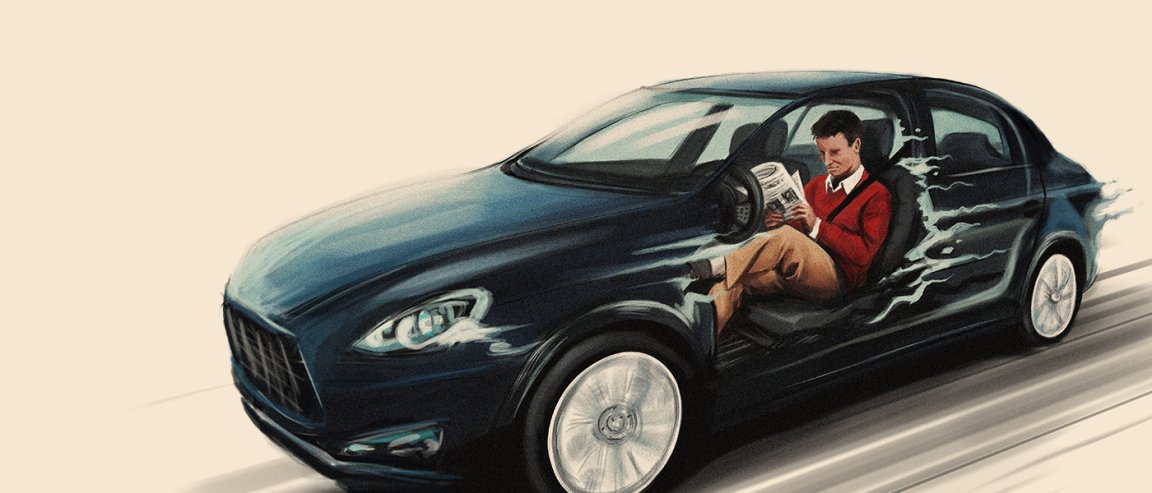
Setting Up Roadblocks
New York’s driver groups are hoping to stand, or park, in the way of technological progress. The Upstate Transportation Association (UTA) and the Independent Drivers Guild (IDG) are asking for a ban on self-driving cars in the state of New York. The UTA even goes so far as to call for a moratorium to be placed on autonomous vehicles for 50 years. The groups cite potential job losses in the thousands as the reason to halt roll-outs of the technology.
Taxi companies and their advocates are no strangers to standing in the way of advancement. Outside of New York City, there is a battle raging to allow ridesharing services such as Uber or Lyft to even operate. According to a statement from the office of Governor Andrew Cuomo, “A number of ridesharing companies have successfully operated as livery services in New York City over the last several years; however, these companies are not authorized to provide ridesharing anywhere else in the state. “
The governor does not share the sentiment of groups like the UTA, though: “Ridesharing is bringing transportation into the 21st century, and we are committed to ensuring that it becomes a reality statewide.” Needless to say, the continued fight to prevent more human drivers from entering the field is not encouraging for the prospect of driverless vehicles. “It doesn’t do anything for the local economy to have driverless cars,” says John Tomassi, the president of UTA.

Not a Good Look
Those who stand in the way of progress tend not to look too good in hindsight. Legend has it that back in 1977, Ken Olsen, the president, chairman, and founder of Digital Equipment Corporation, said, “There is no reason anyone would want a computer in their home.” Perhaps Wendell Wallach’s statement that “large groups of workers are going to recognize that their jobs are threatened. Today, it may be the taxi driver. Tomorrow, it’s all the truckers. Now that it’s been expressed in [upstate New York], we’ll see a lot of it,” will make him the Olsen of the future.
There is little doubt that autonomous vehicles will take the place of human drivers eventually. According to a report by the U.S. Department of Transportation, 94 percent of crashes are caused by human error. This is not to say that driverless vehicles are guaranteed to be safer — the technology has not yet been given ample opportunity to prove itself. However, it is safe to say that taking the factors of unpredictable and irresponsible human behavior out of the equation will be a good place to start.
Maybe the drivers’ associations wouldn’t be so quick to dismiss driverless vehicles if universal basic income was implemented to offset job loss due to automation.